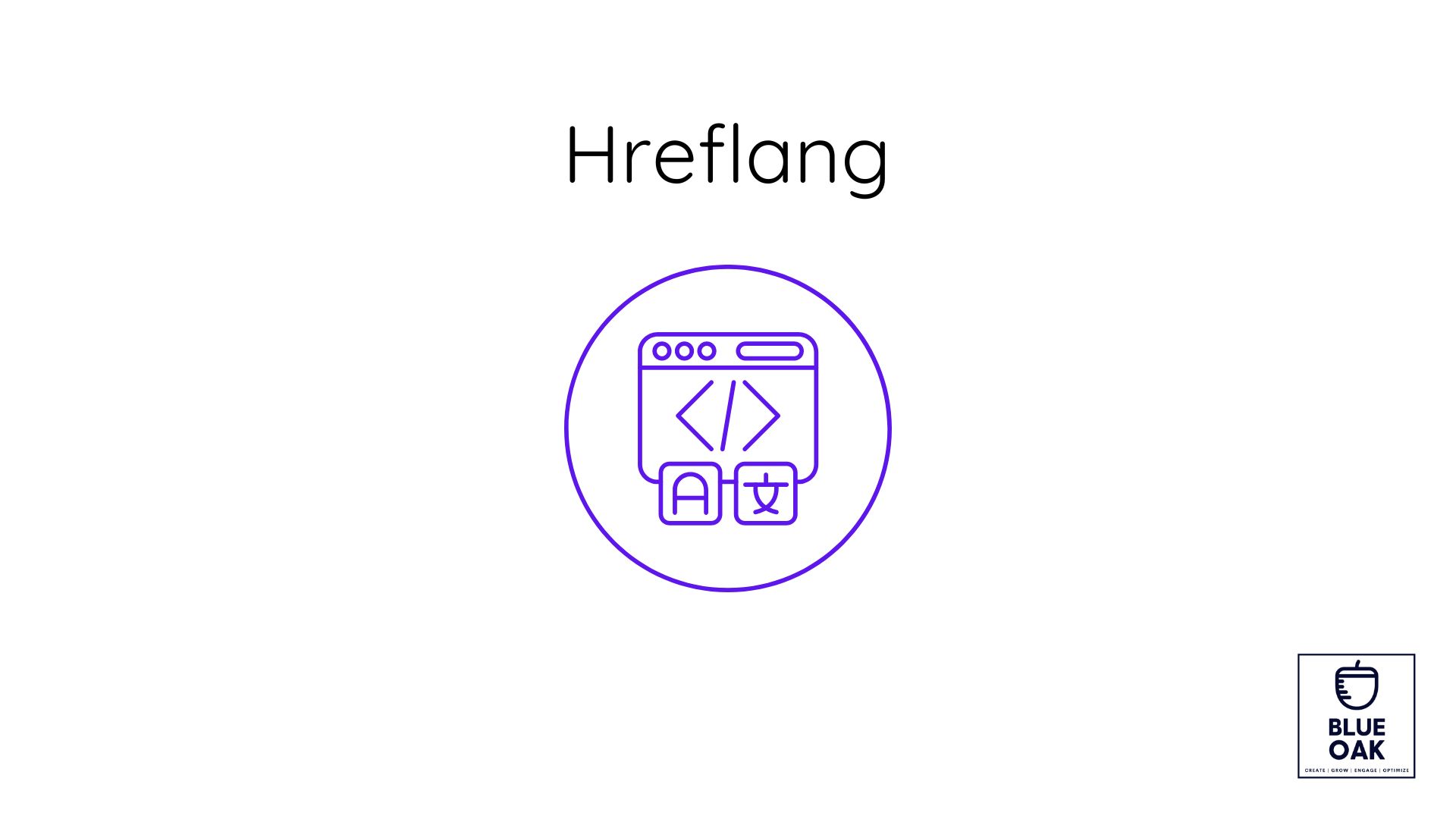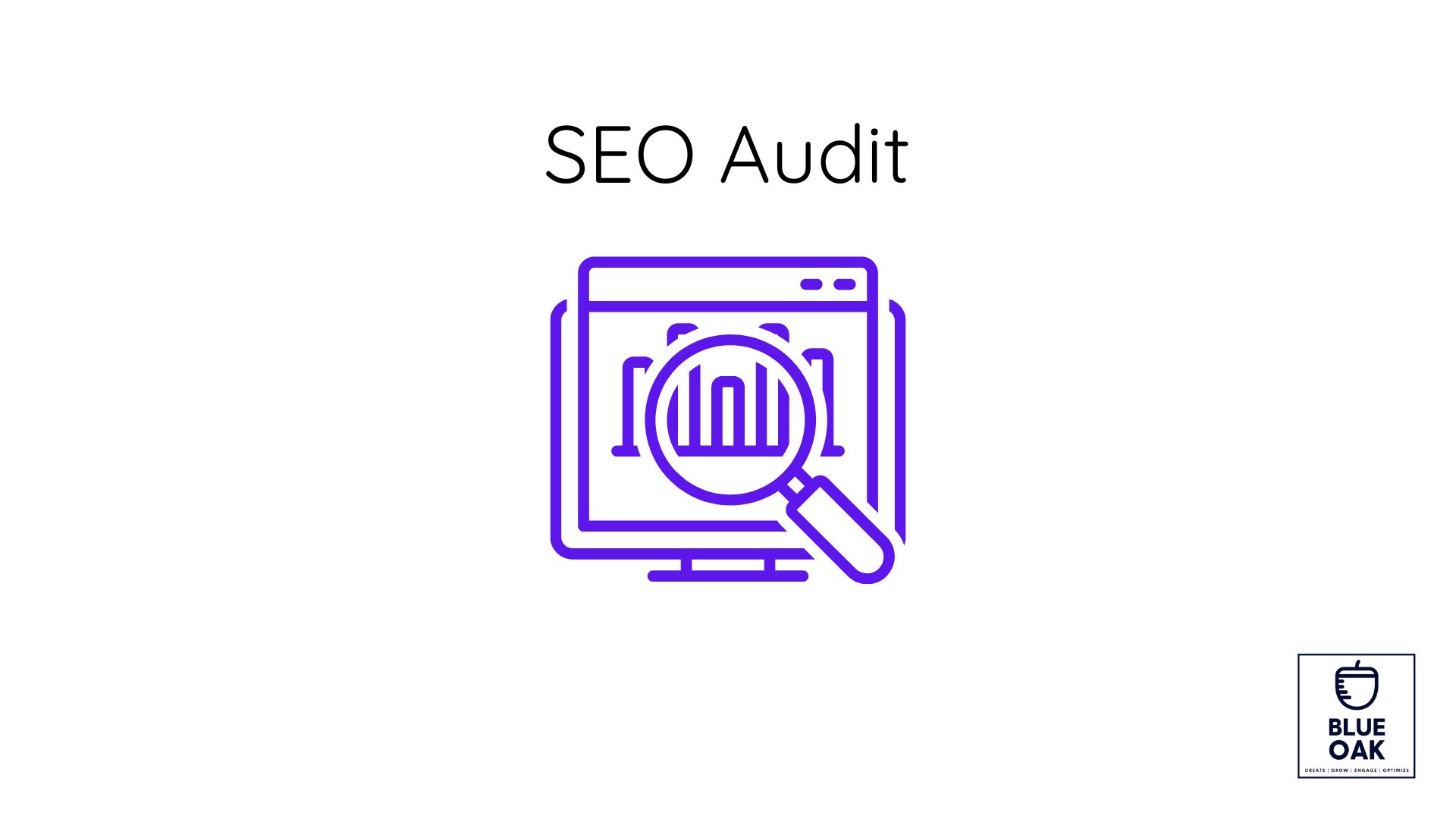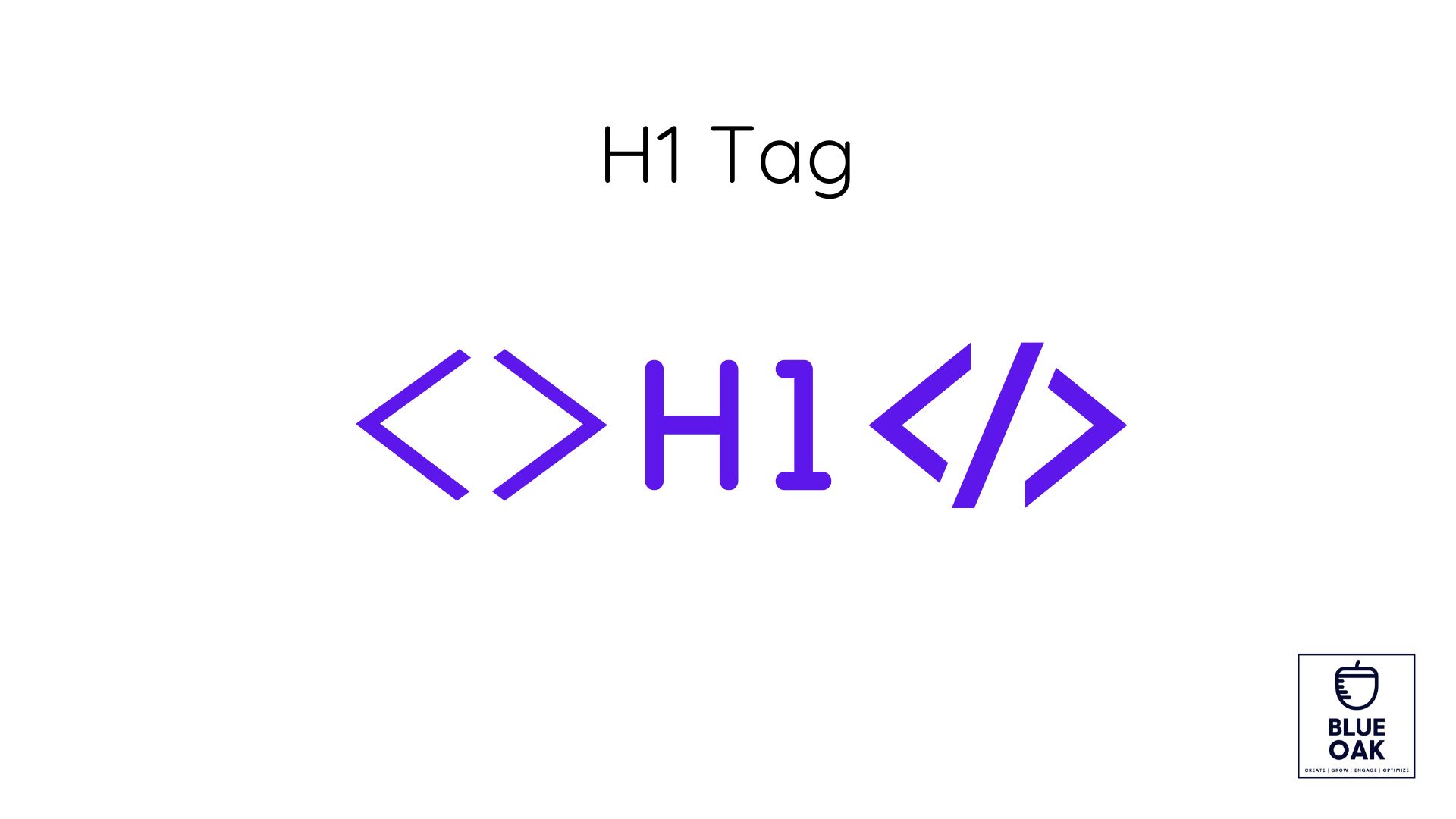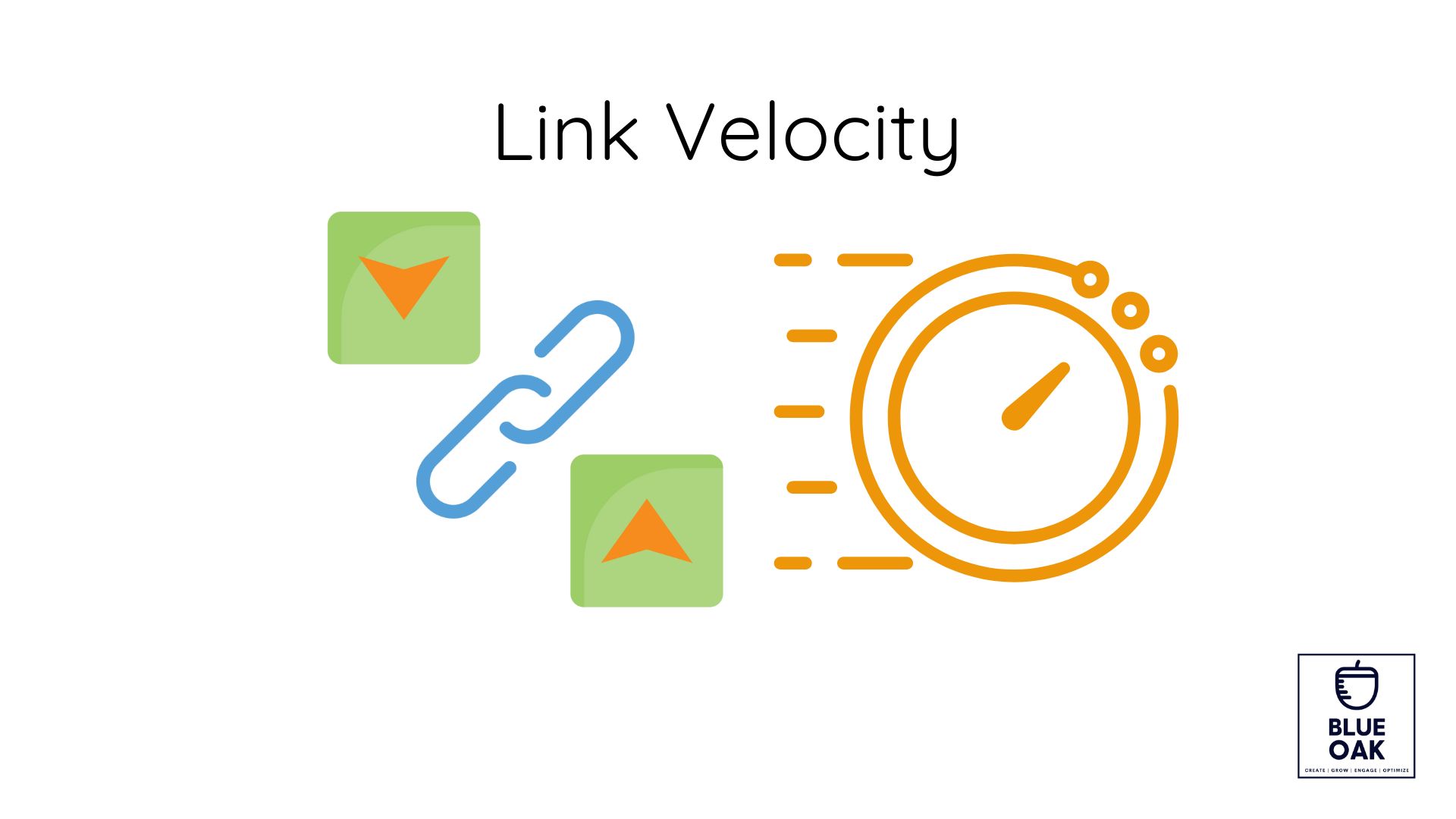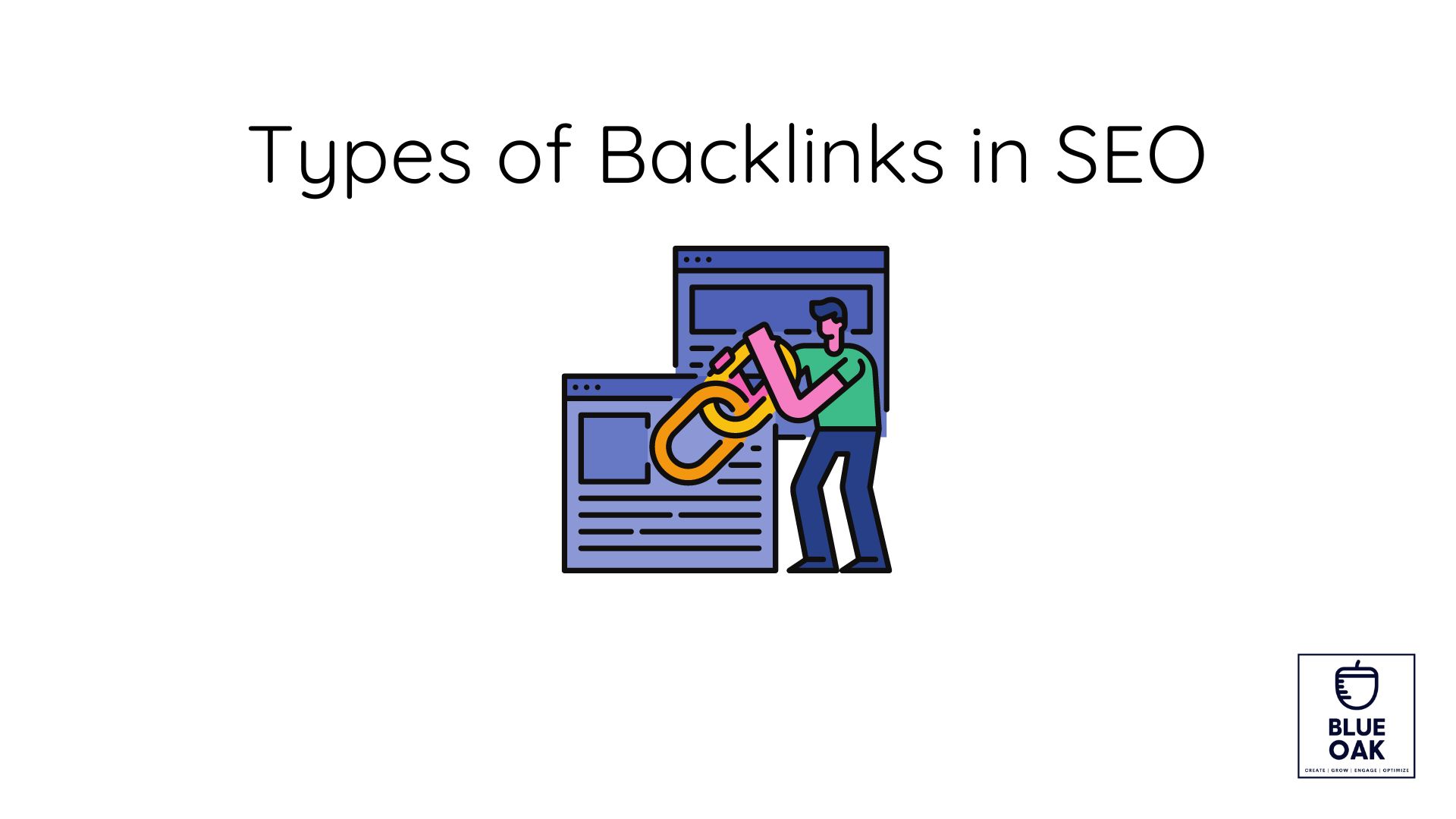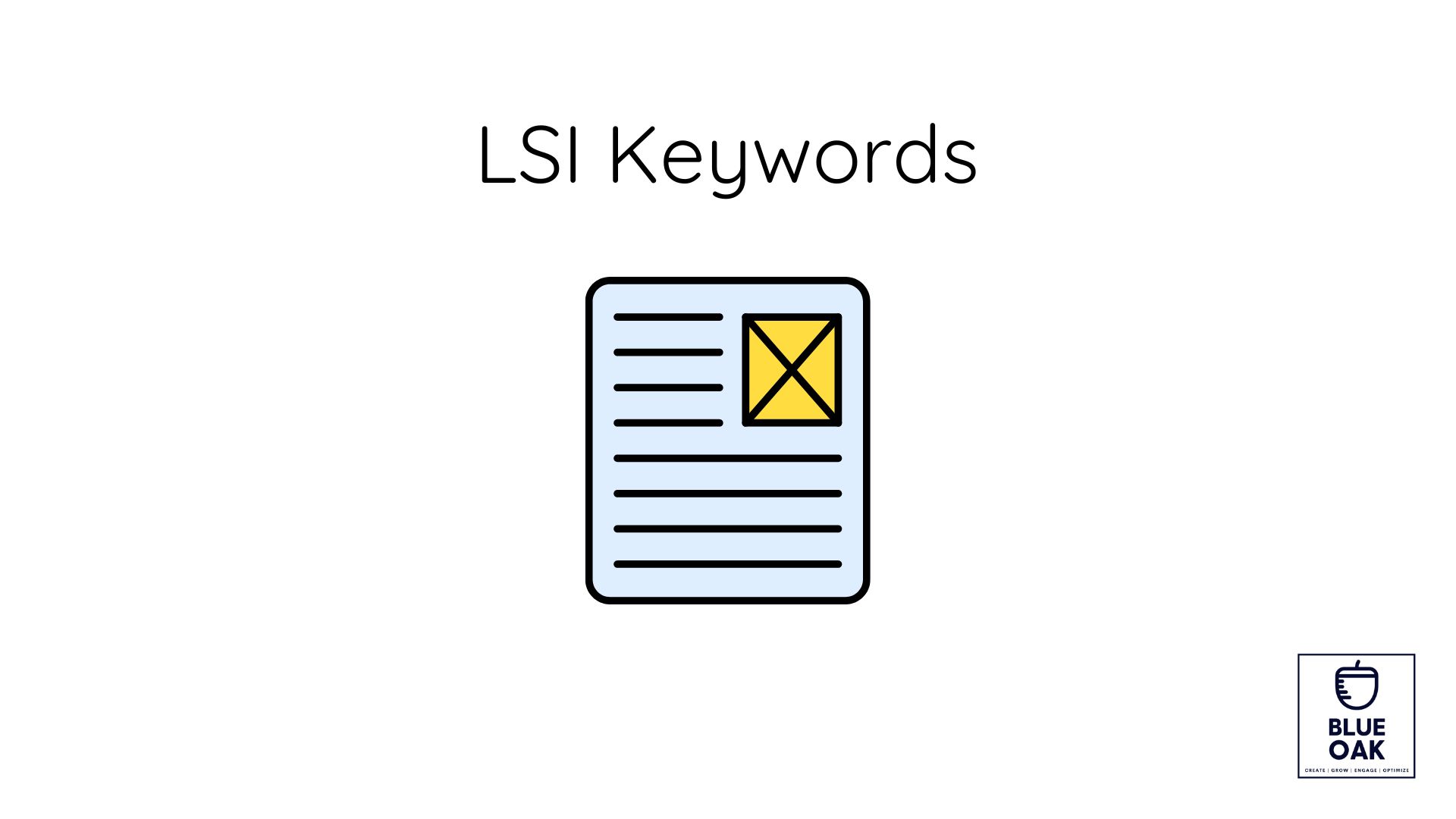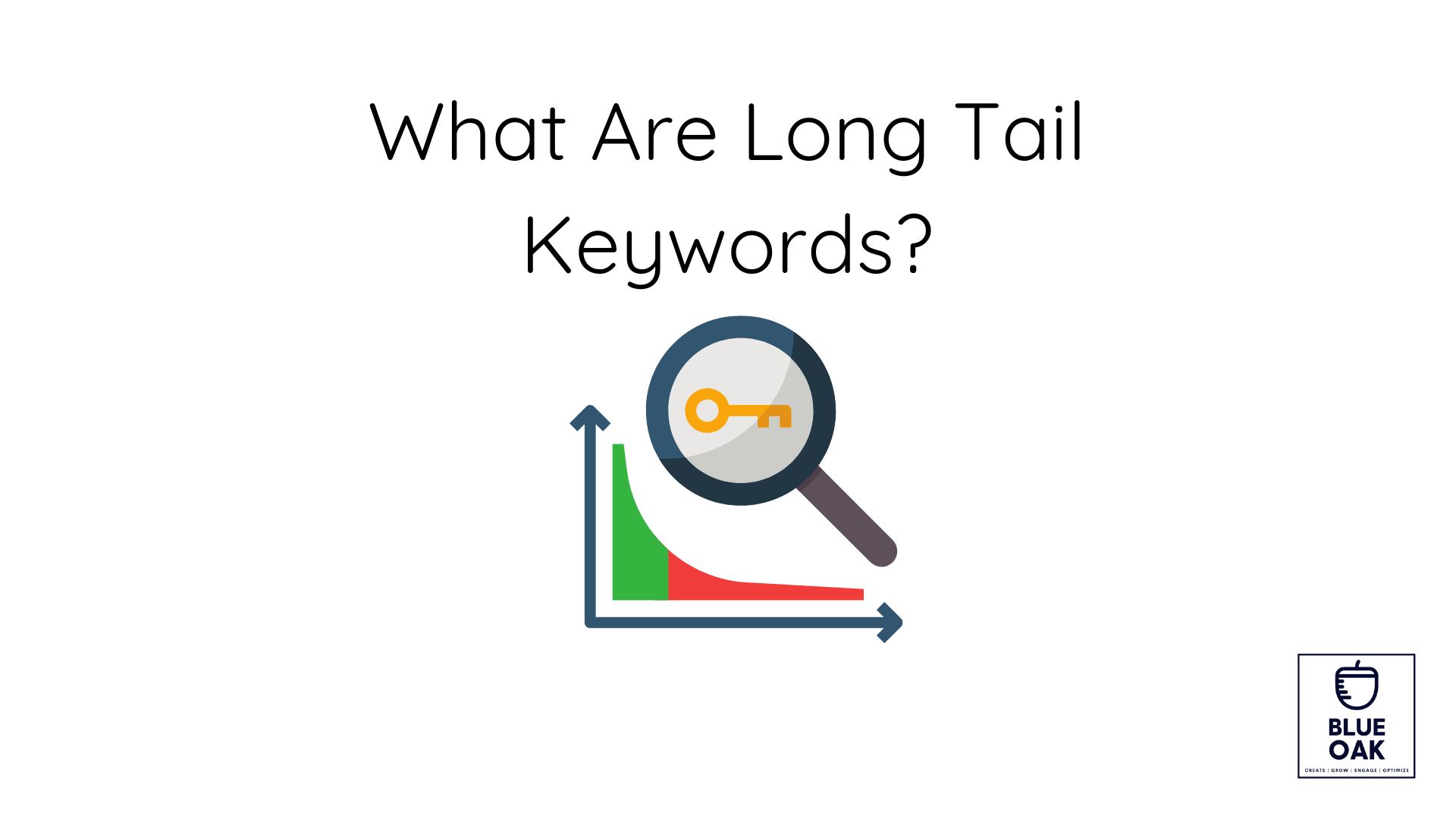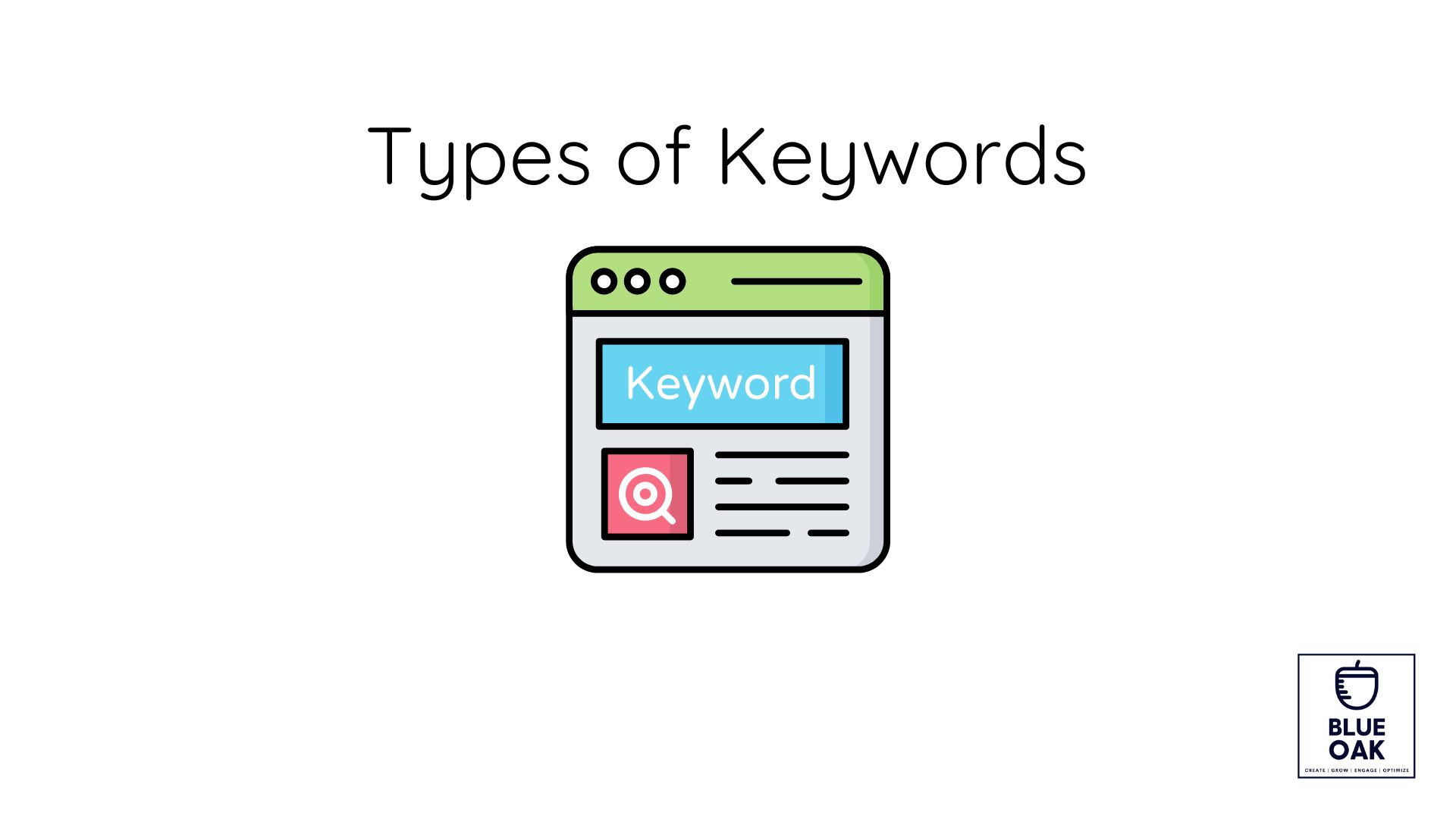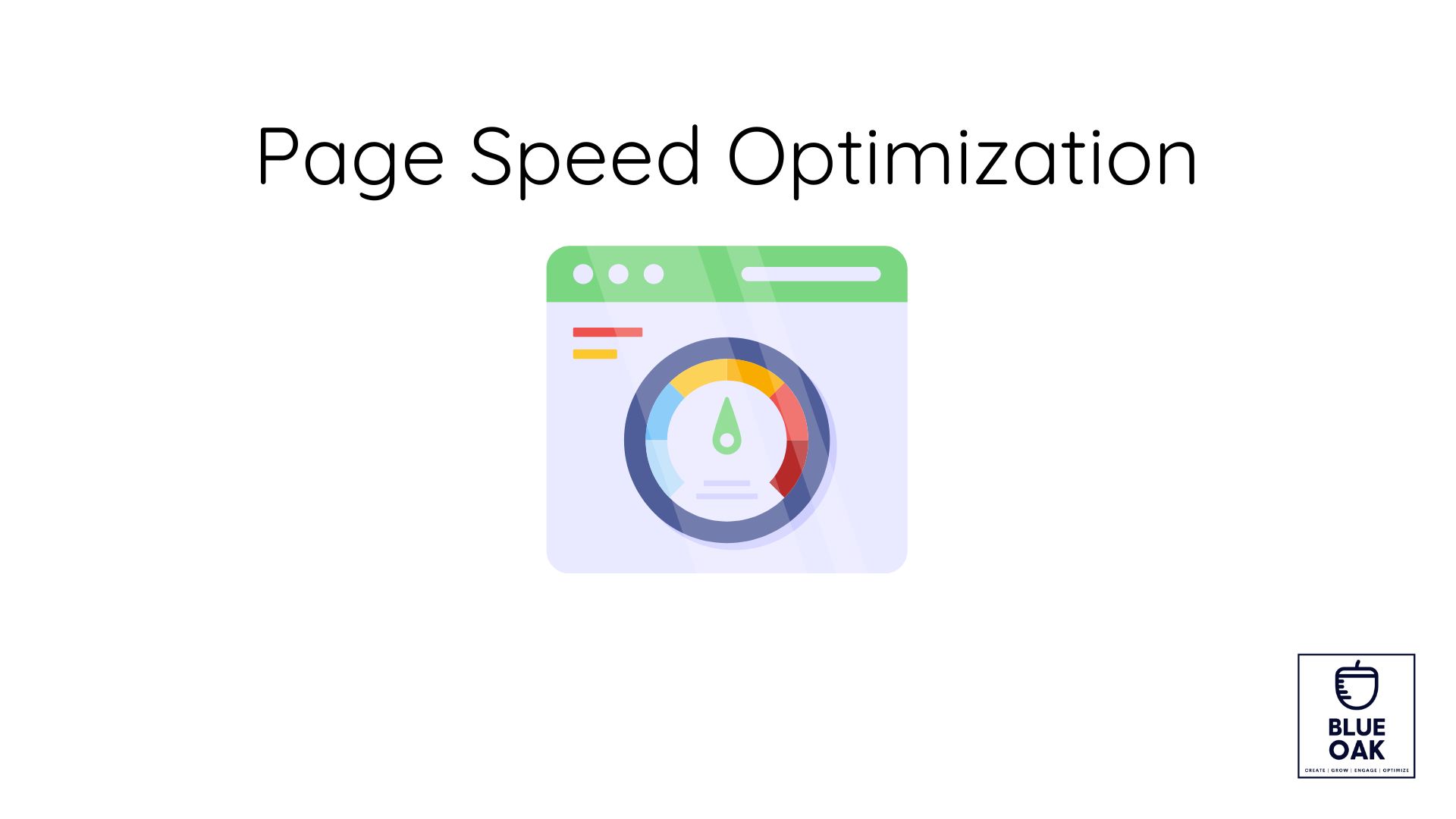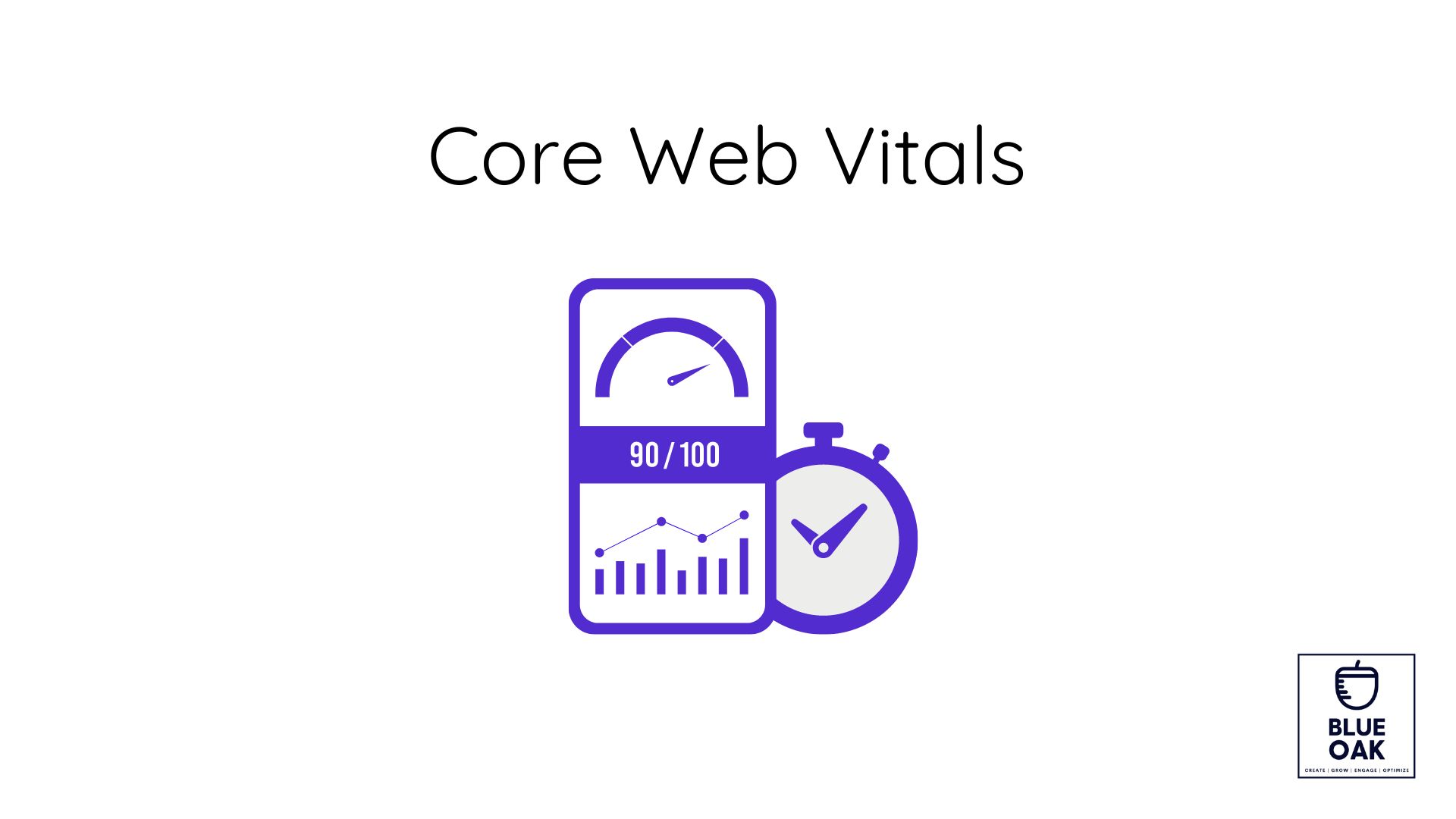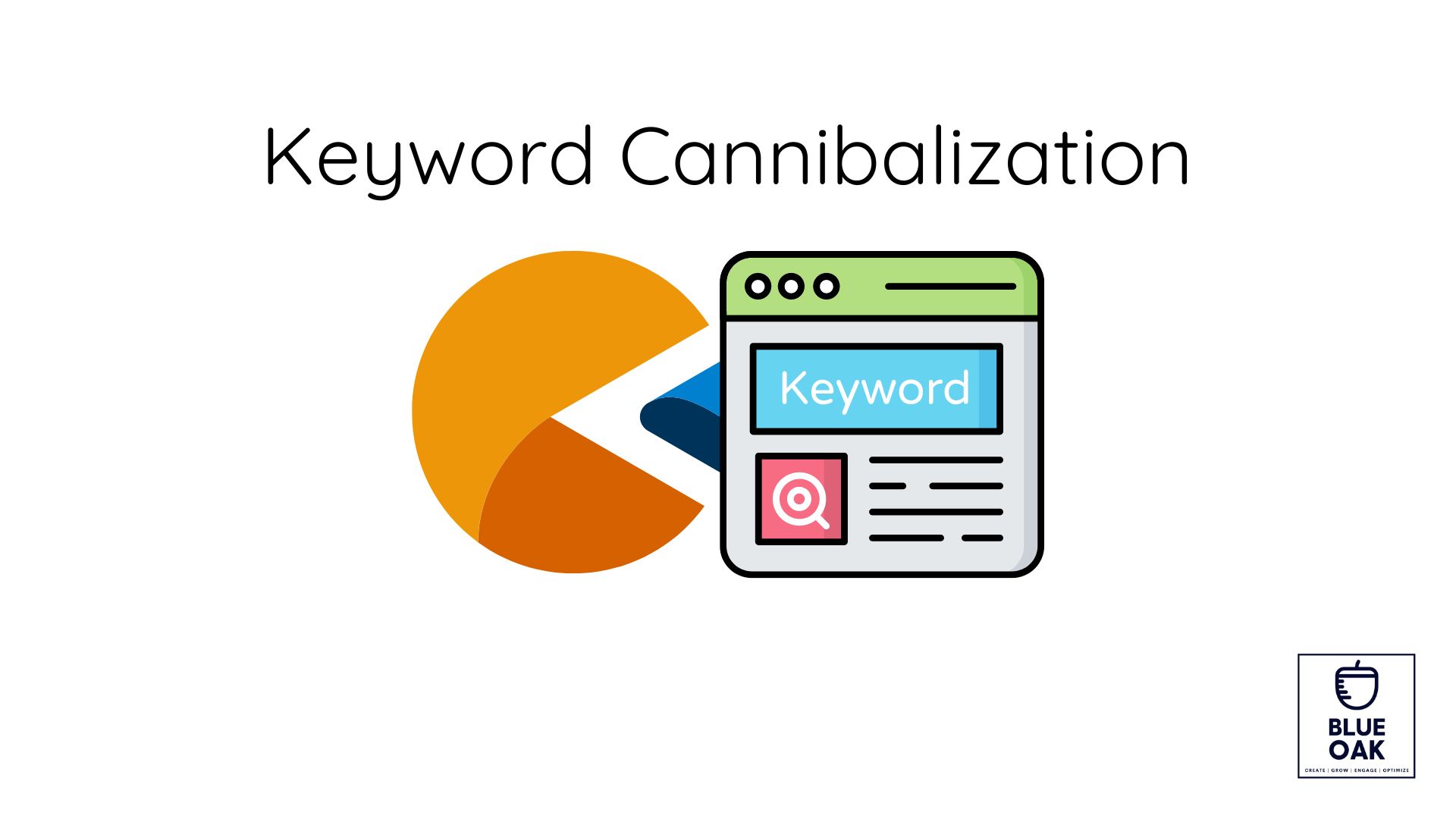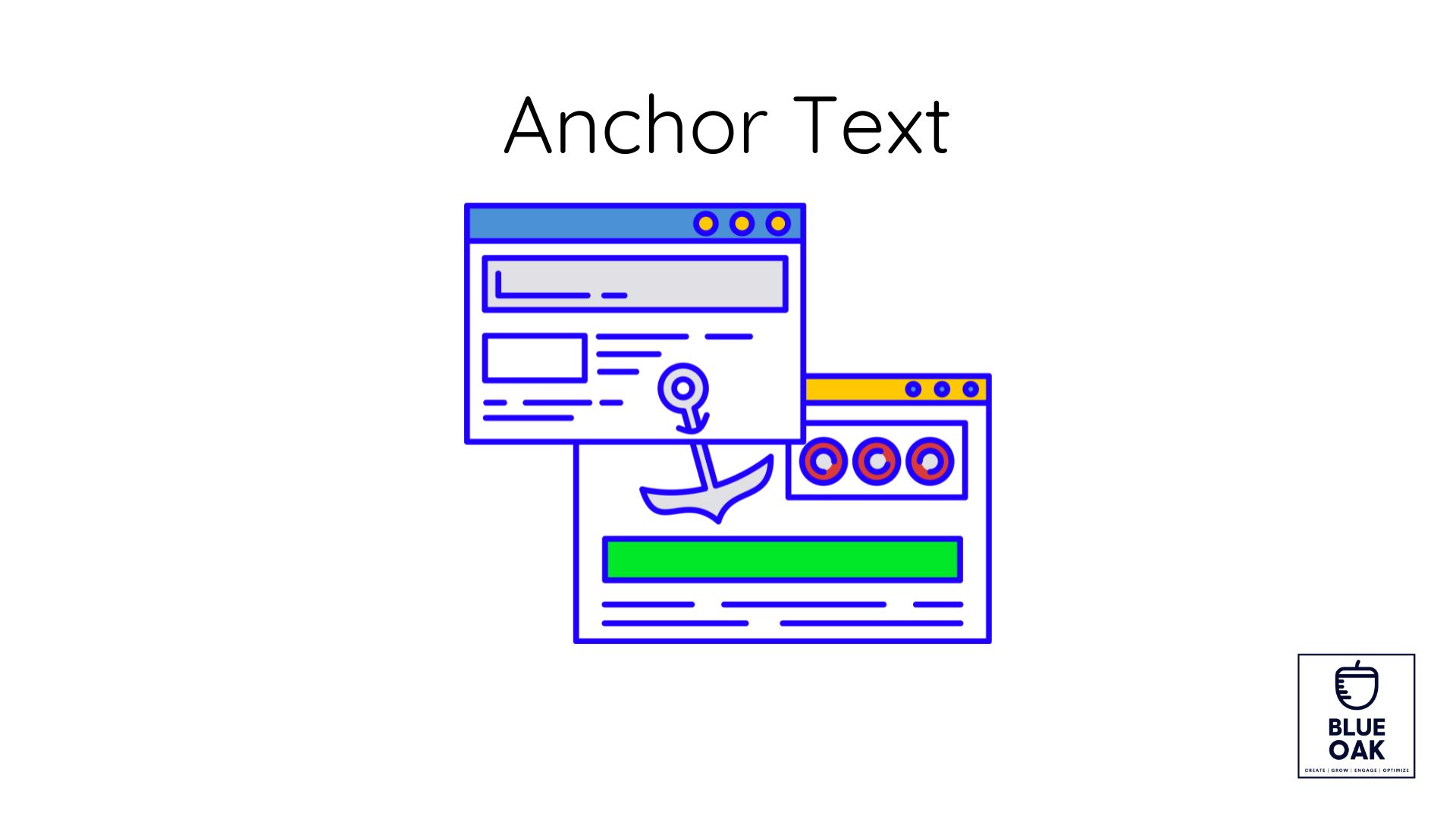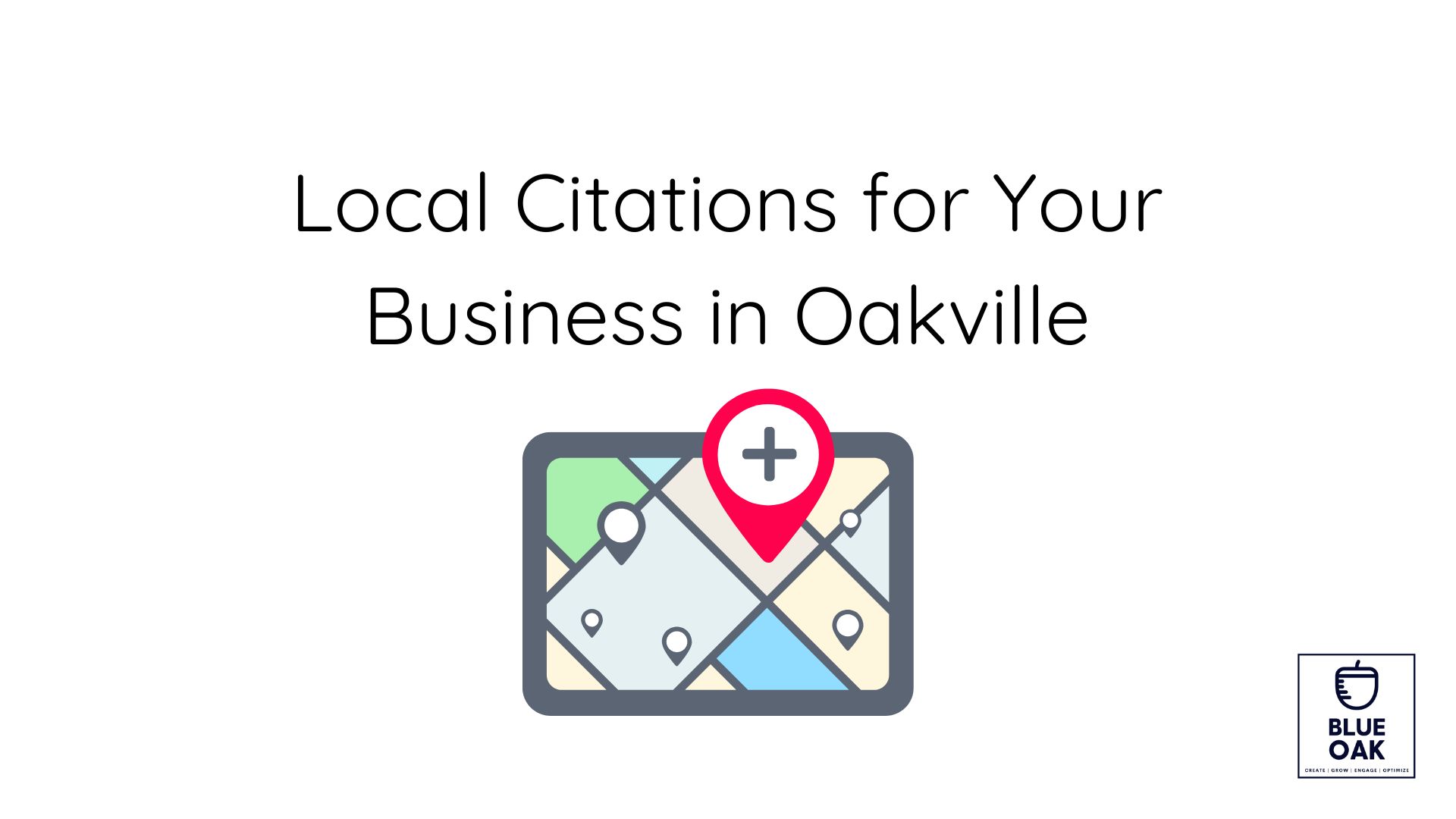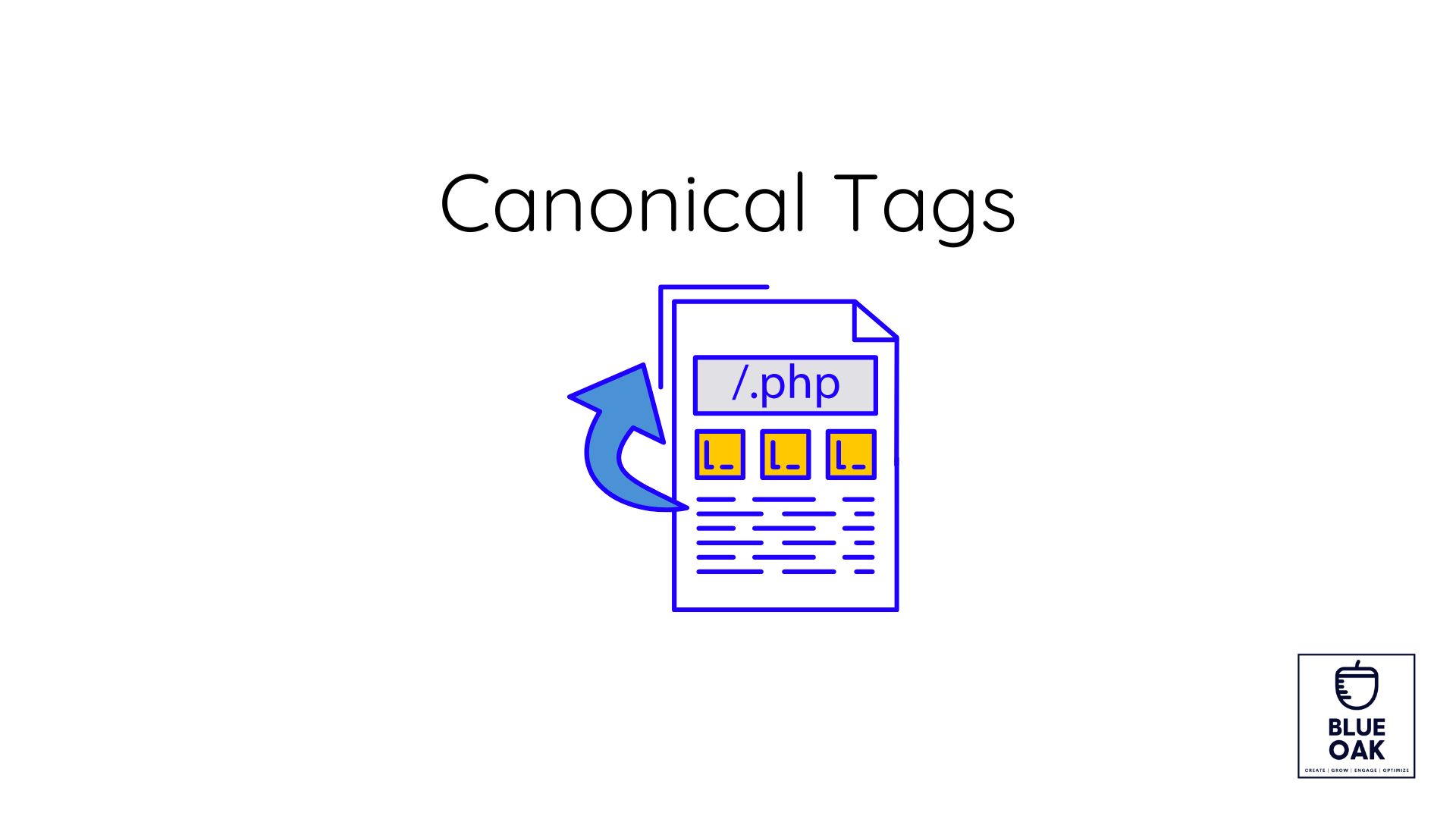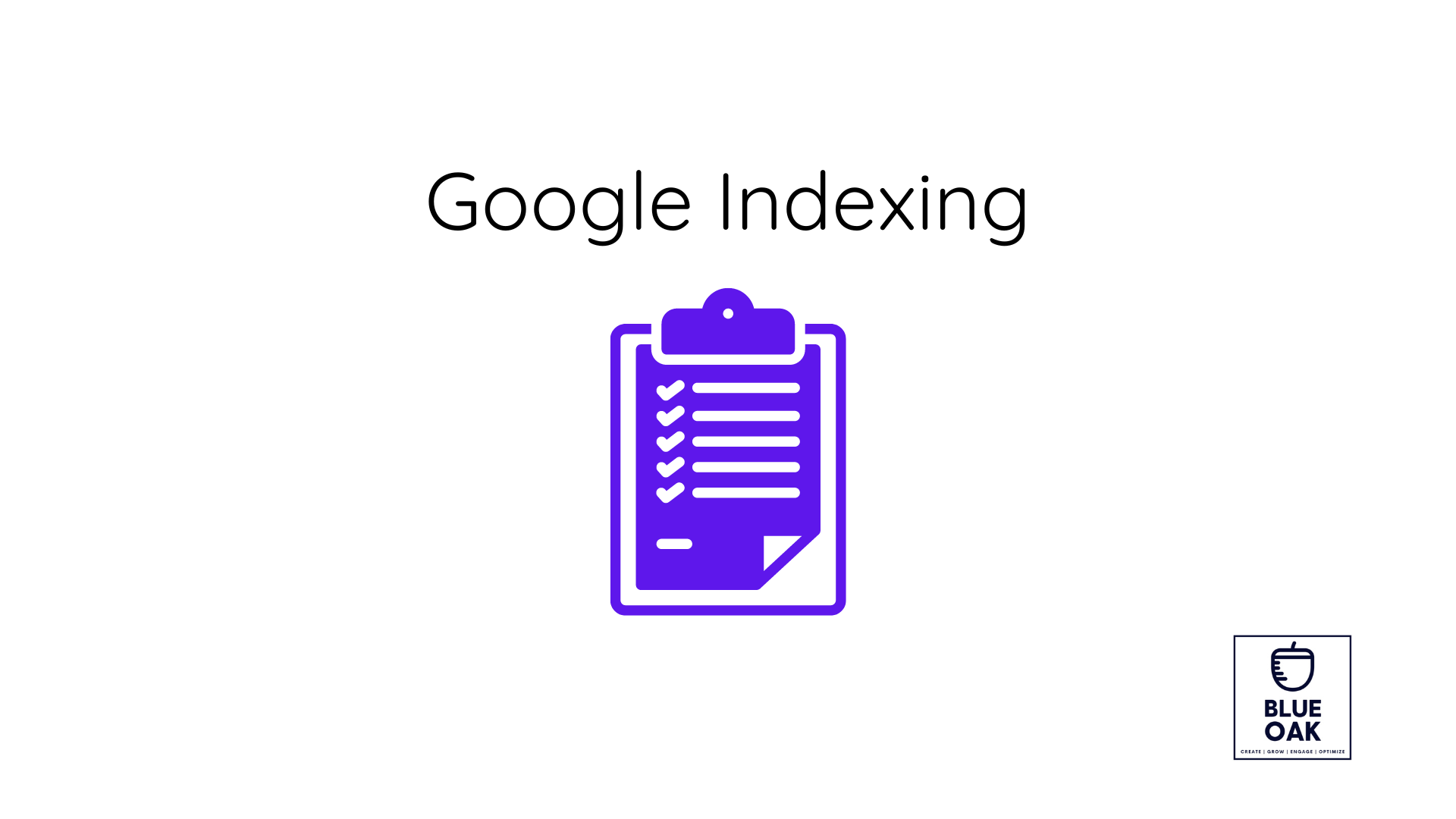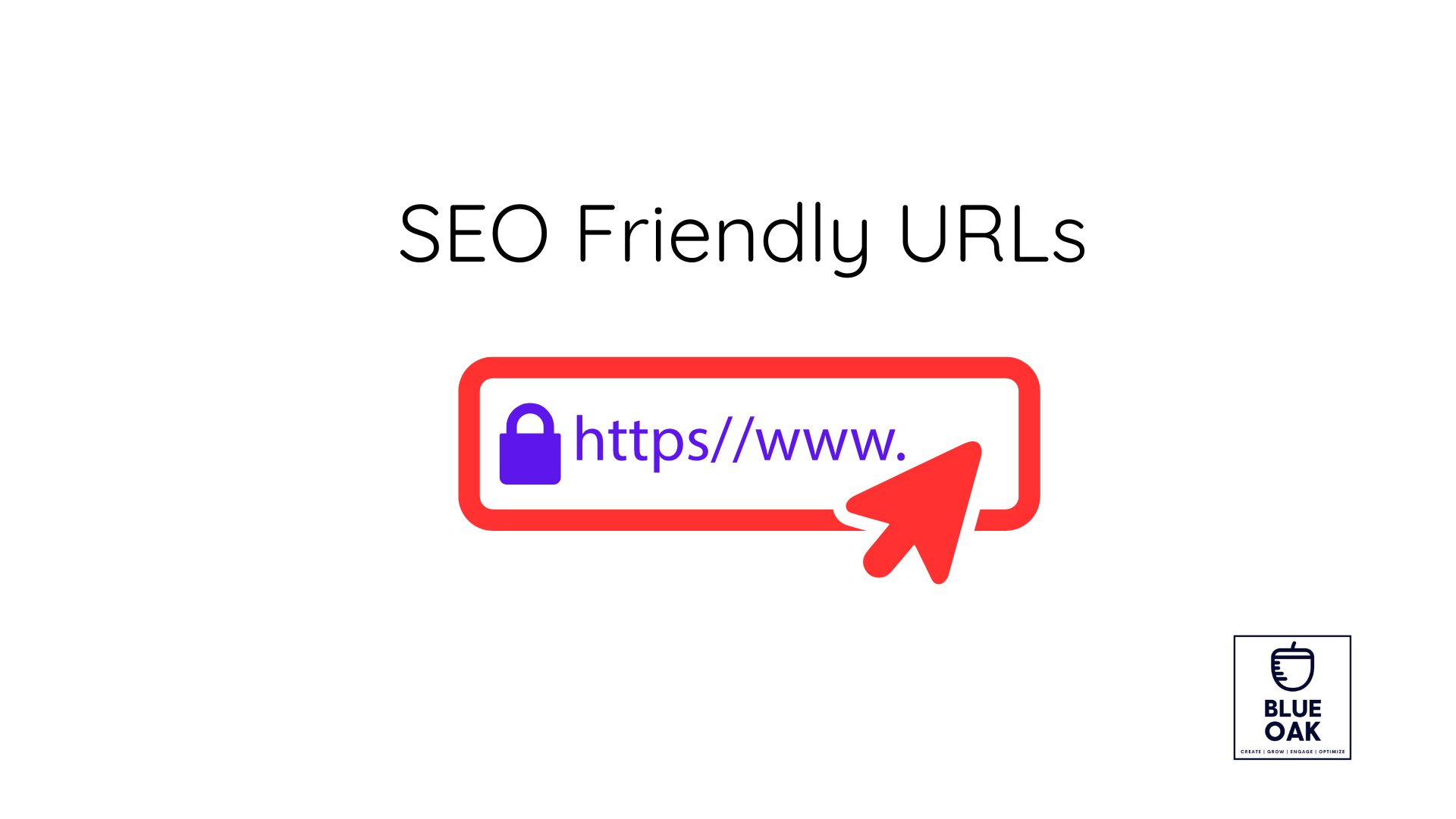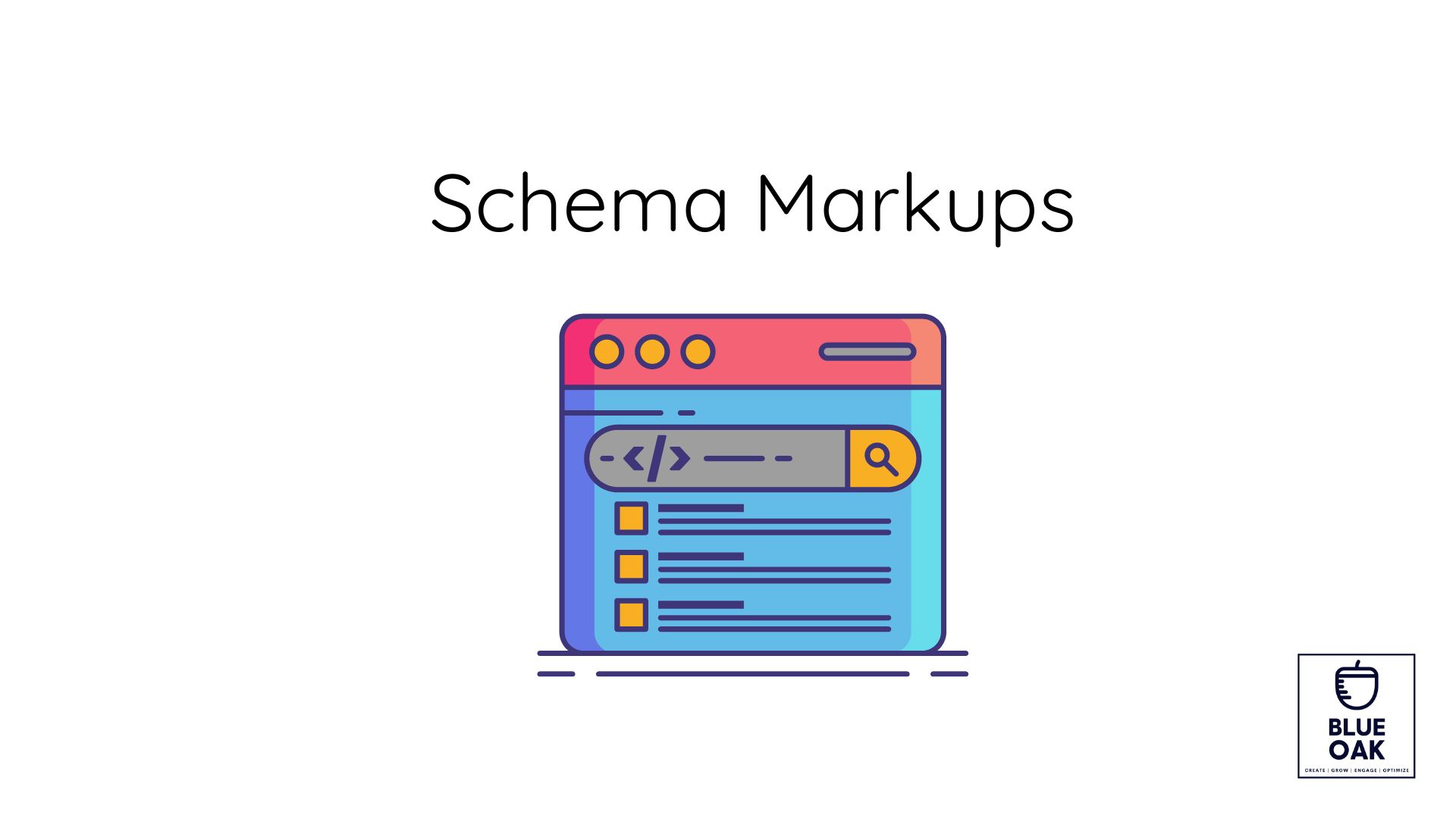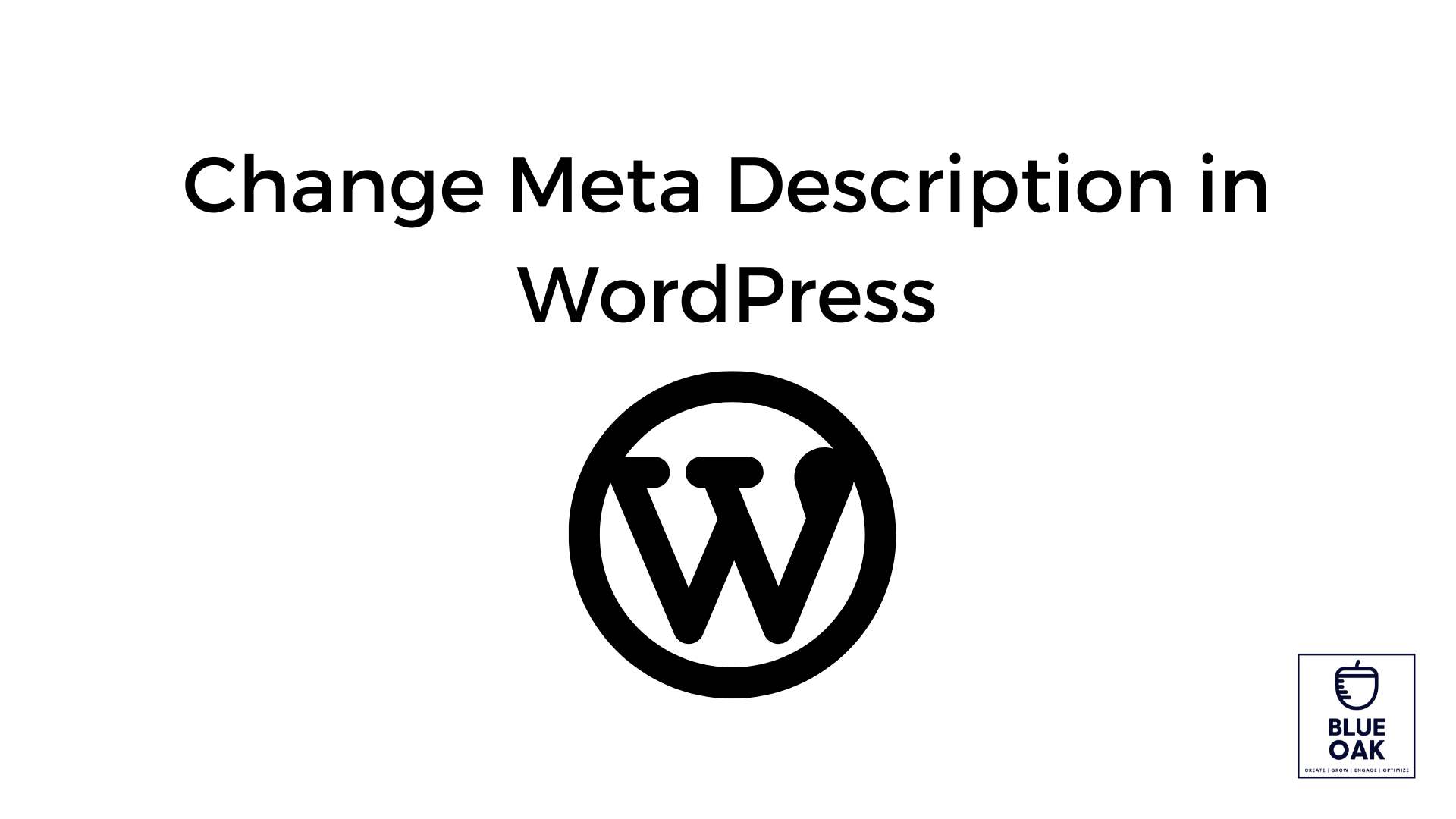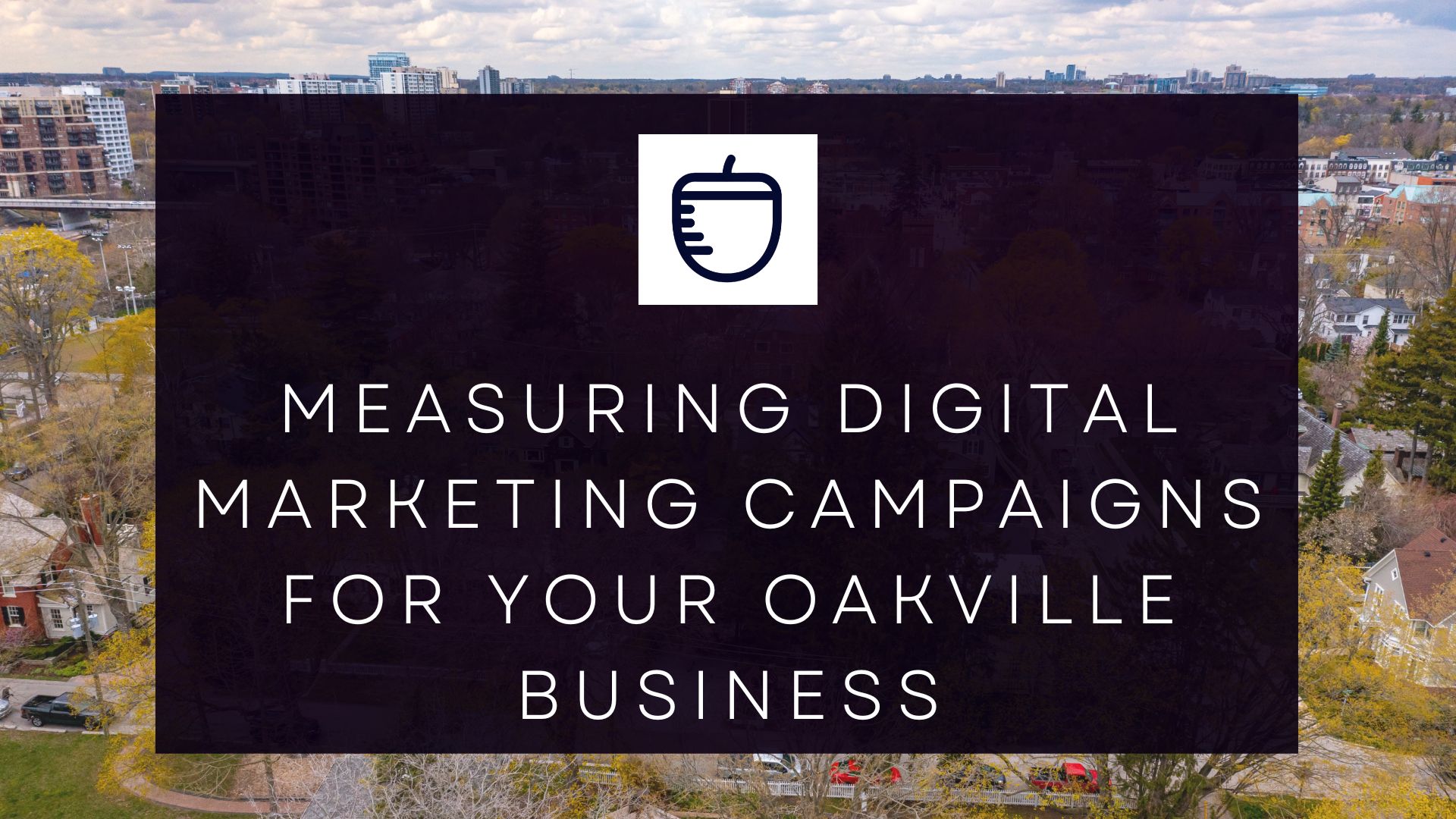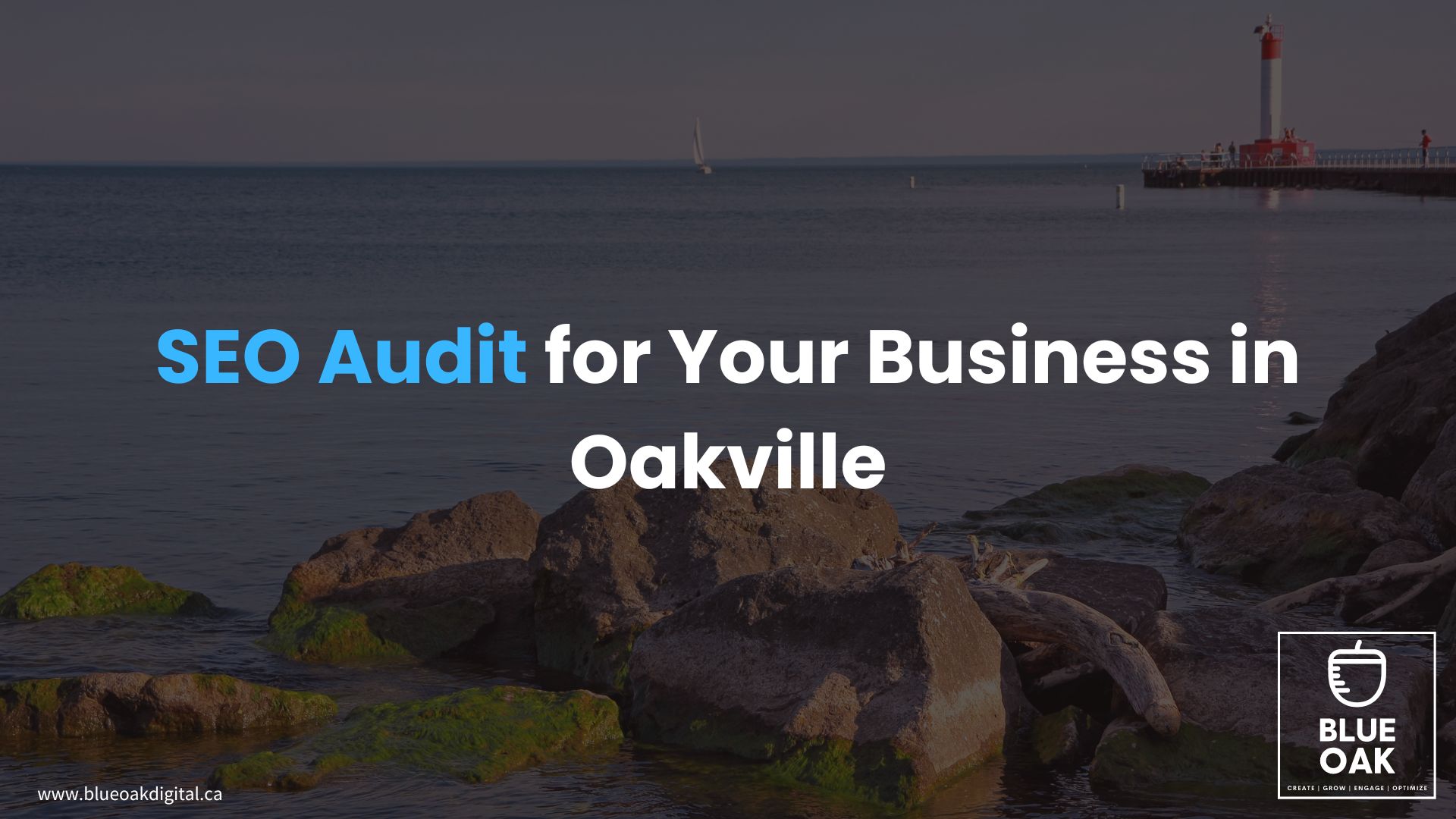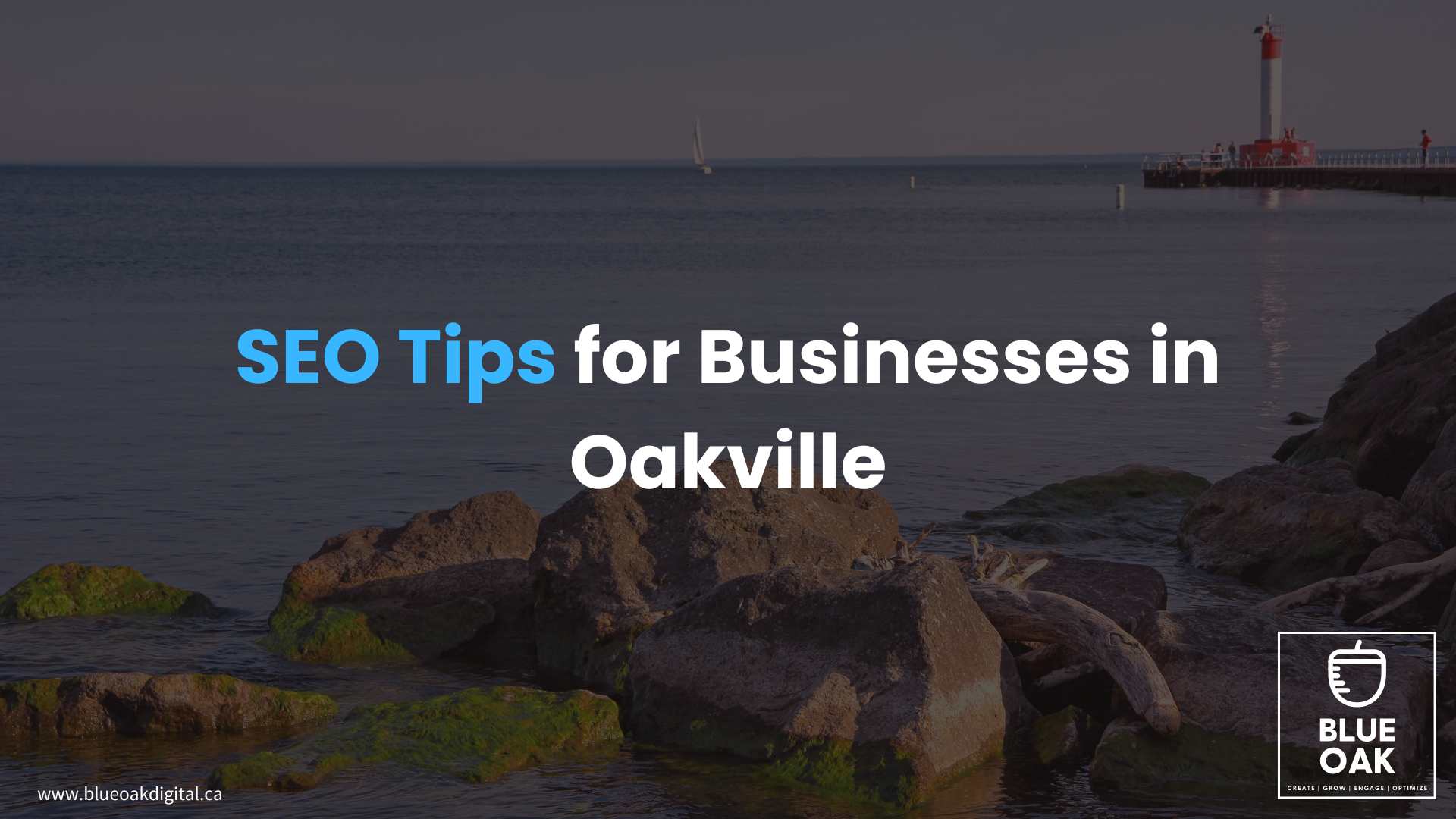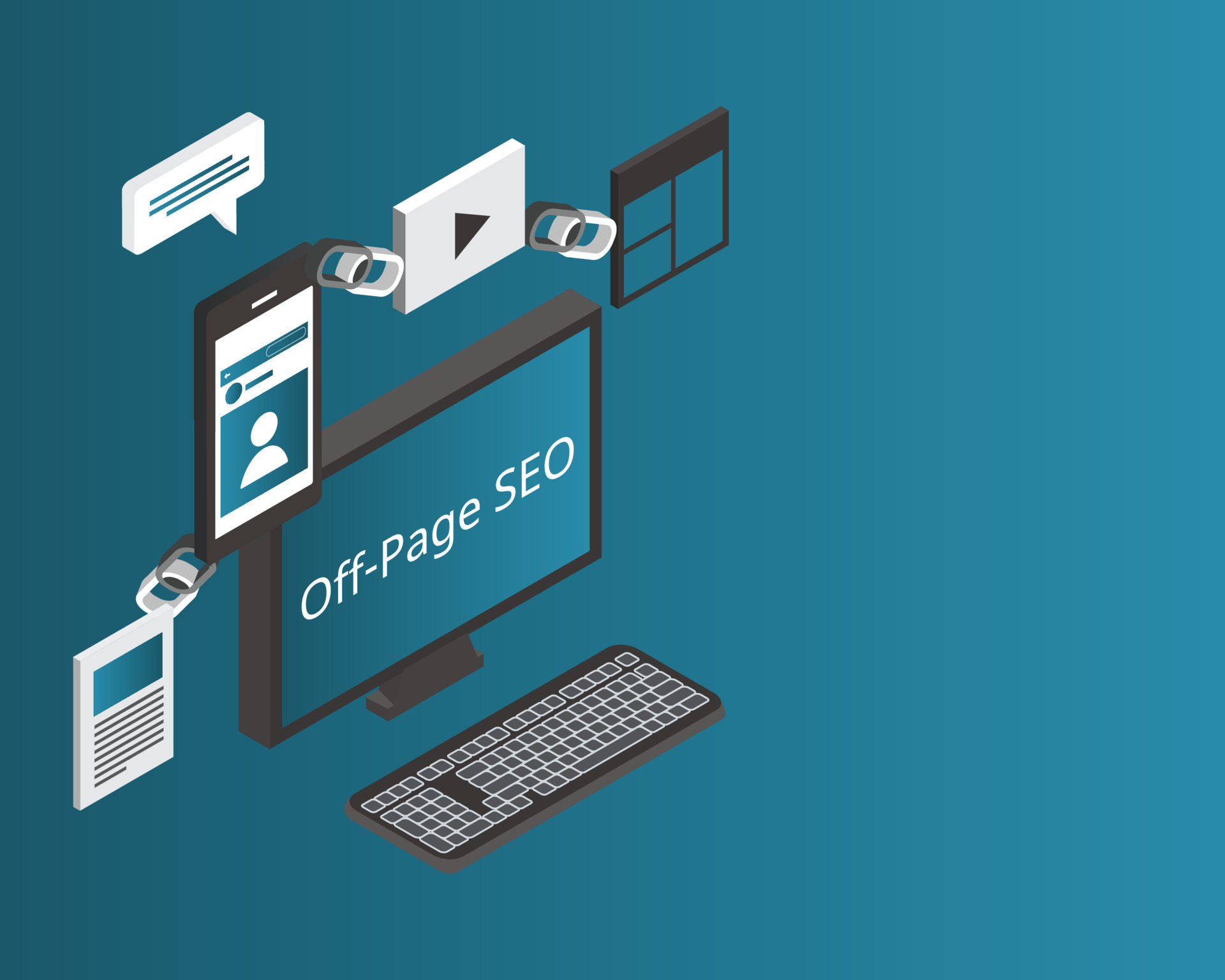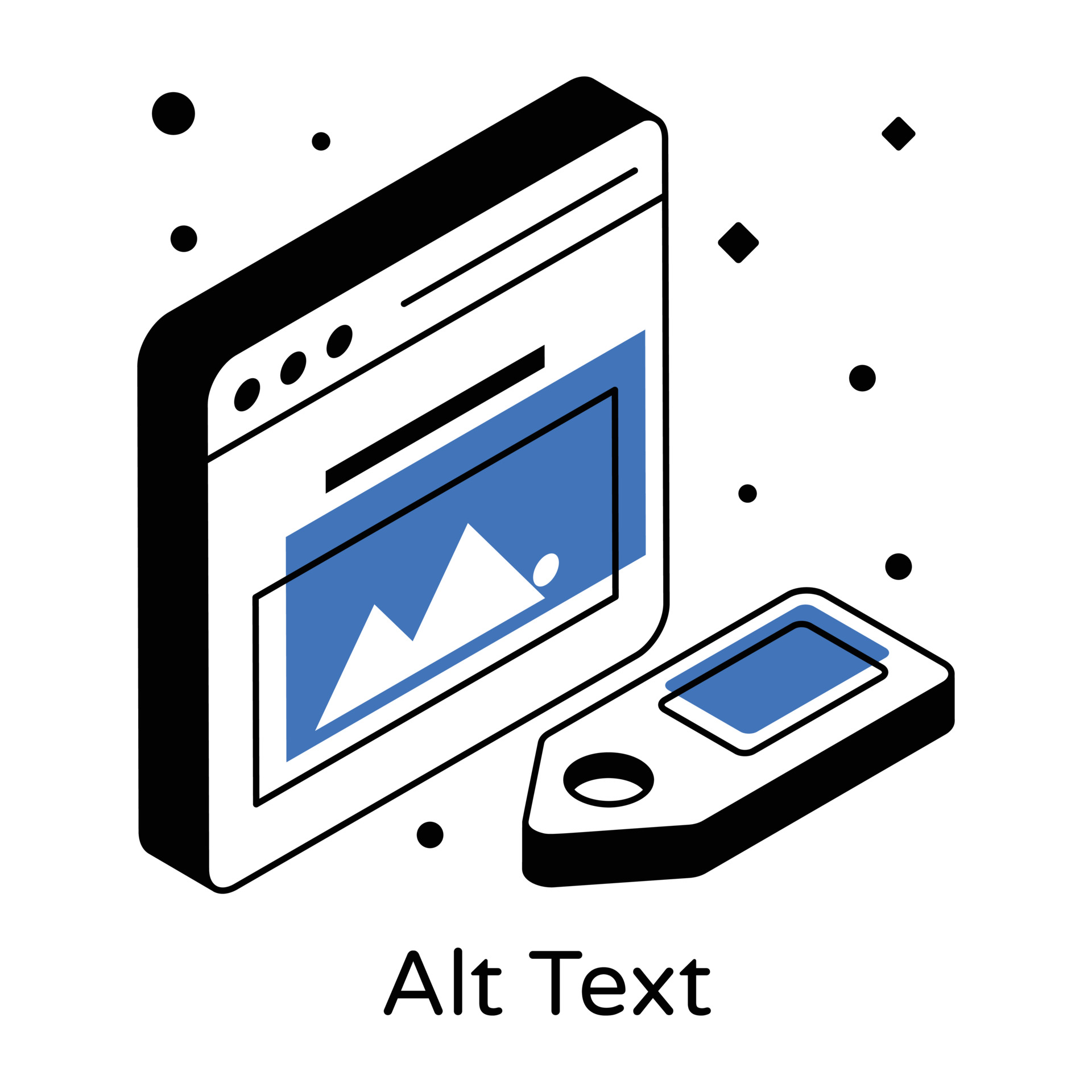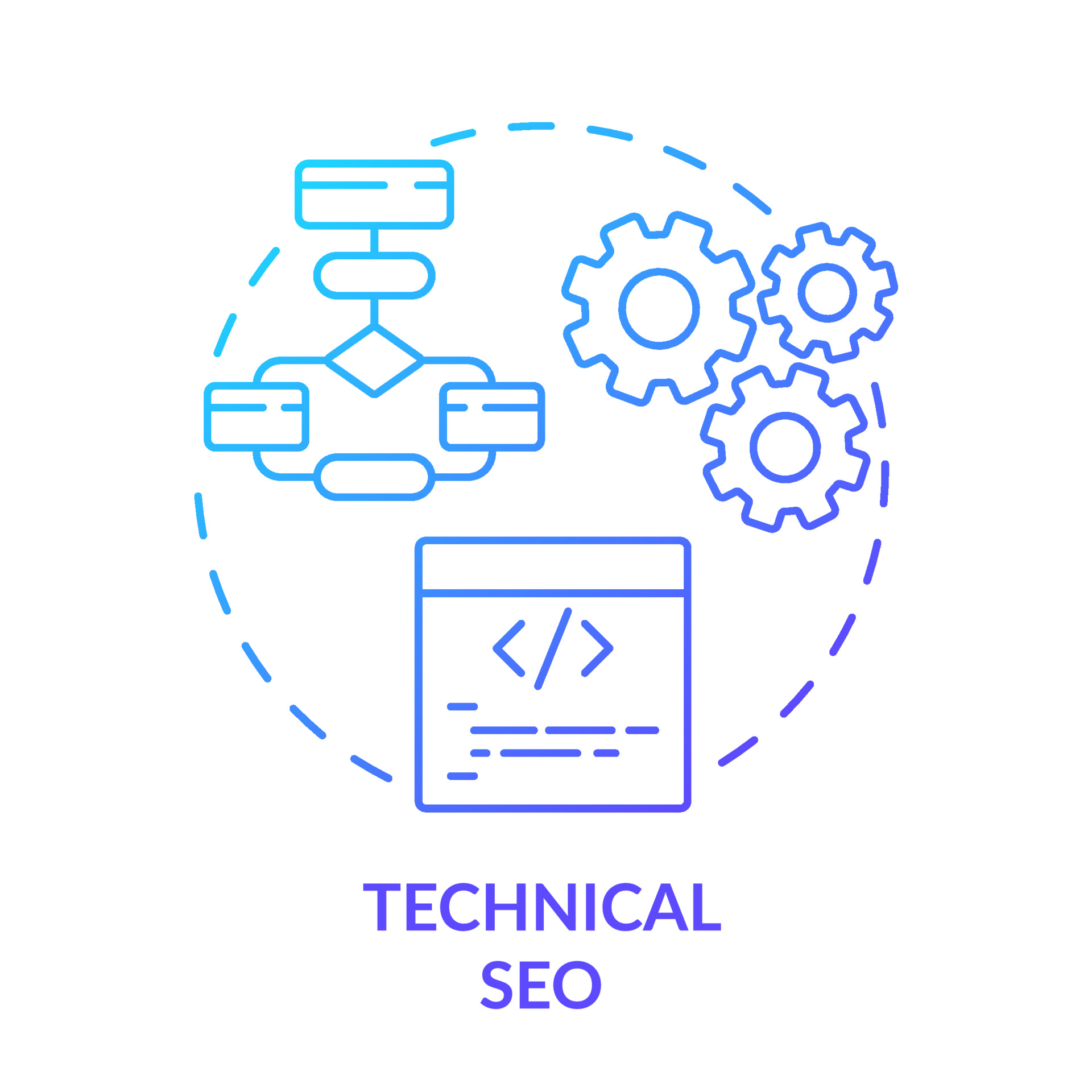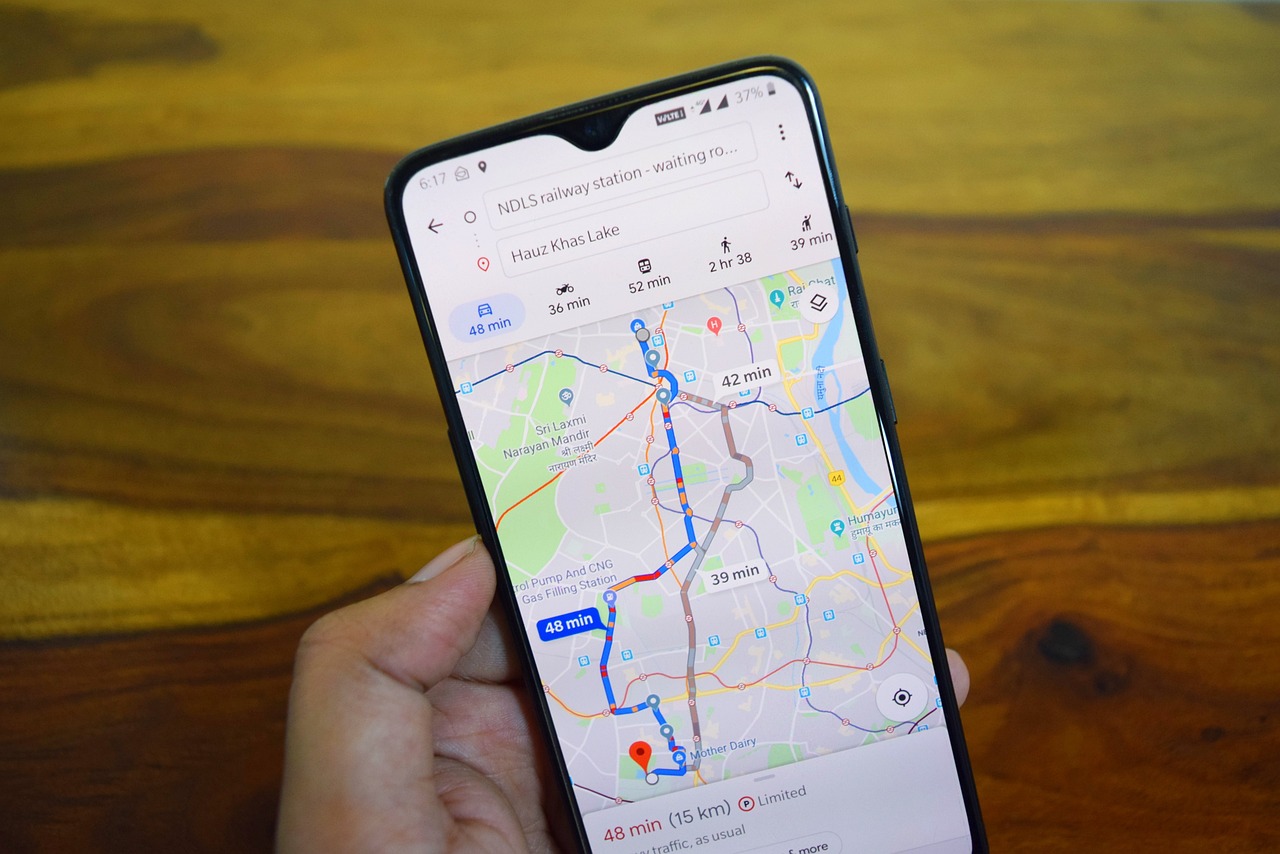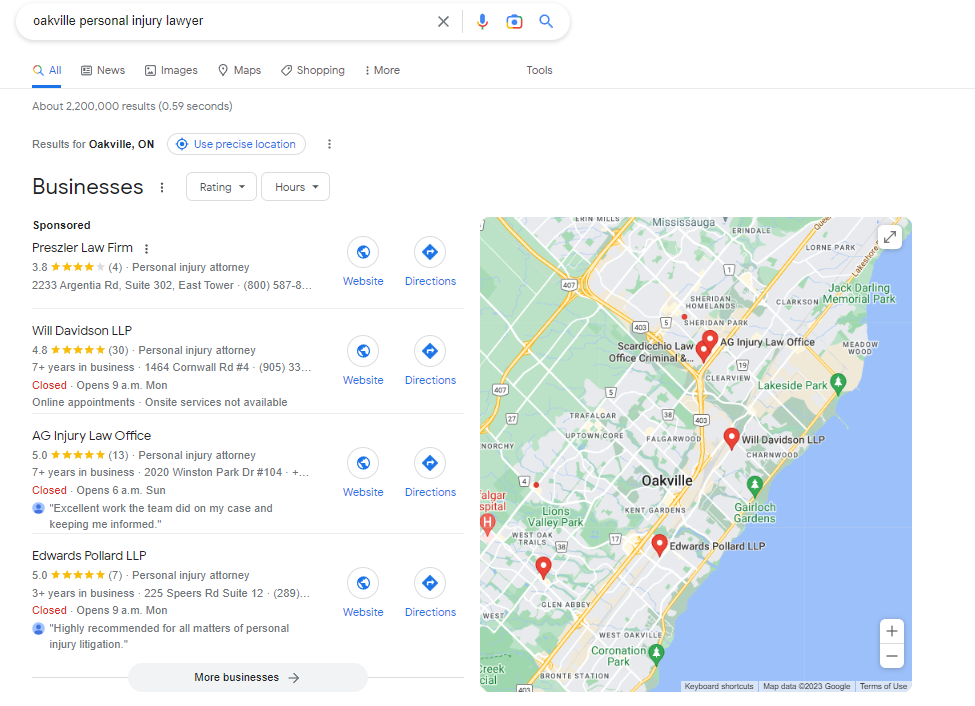What is a Meta Description?
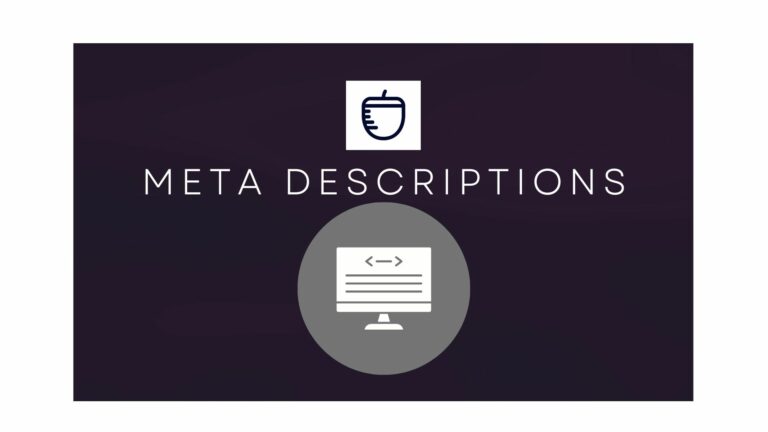
In the digital age we live in now, businesses and individuals need to have a strong online appearance. There are many things to think about when improving your website for search engines, including meta descriptions.
Table of Contents
ToggleMeta descriptions are important for getting people to click on your website from search engine results pages.
In this article, we’ll discuss meta descriptions and why they’re important. We’ll also talk about how to write good meta descriptions. so, let’s get started:
What Is A Meta Description?
A meta descriptions are a summary or snippet of text that provides a concise overview of the content on a web page. It is an HTML meta description tag in the head section of a webpage’s HTML code.
A meta description gives search engines and users a preview of what the page is about before they click on it in search engine results pages (SERPs). Meta descriptions appear below the title tag in search results and are usually limited to a specific character count.
While Google and other search engines may not always use the meta description provided by the website owner, having a well-crafted and relevant meta description increases the likelihood of it being displayed. It is crucial to attract and encourage search engine users to click on your website among the search results.
In short, a meta description is a concise summary that helps search engines, and users understand the content of a web page and make informed decisions about whether to visit the page or not.
Why Are Meta Descriptions Important?
A page’s meta description tag is crucial in online presence and search engine optimization. Here are some key reasons why meta descriptions are important:
Increased Click-Through Rates (CTRs):
A well-crafted meta description can significantly impact the click-through rates of your website. When users see a compelling and relevant meta description in the search results, they are likelier to click on your website than others with generic or poorly written descriptions. You increase the chances of driving organic traffic to your site by attracting more clicks.
Improved User Experience:
A good Meta description gives users a preview of what they can expect on your web page. When the meta description accurately reflects the content and purpose of the page, users can make informed decisions about whether it meets their needs and interests.
This improves the overall user experience by reducing the likelihood of users bouncing back from your site after landing on it.
Enhanced Search Engine Visibility:
While meta descriptions don’t directly influence search engine rankings, a great meta description would indirectly impact the visibility of your website. When search engines analyze the meta description, they better understand the relevance and context of your page’s content.
This can result in higher visibility and improved rankings, as search engines aim to provide users with the most relevant and useful information.
Differentiation And Branding:
A well-crafted meta description lets you differentiate your website from competitors in the search results.
By highlighting unique selling points, such as special offers, expertise, or exclusive content, you can capture the attention of users looking for specific information or solutions. This helps establish your brand identity and reinforces your website’s value proposition.
Social Media And Sharing:
Meta descriptions also play a role in social media platforms and content sharing. When your web page is shared on platforms like Facebook, Twitter, or LinkedIn, the meta description often appears as the accompanying text or snippet.
A compelling meta description can entice social media users to click on your shared link and engage with your content, increasing its reach and visibility.
In short, meta descriptions are important because they can improve click-through rates, enhance user experience, increase search engine visibility, differentiate your website, and impact social media sharing. By optimizing your meta descriptions, you can effectively communicate the value of your content and attract more engaged users to your website.
How To Write Meta Descriptions?
Crafting effective meta-descriptions requires careful consideration and attention to detail. Here are some steps to help you write compelling meta descriptions:
Keep It Concise And Relevant:
Meta descriptions should be concise, typically between 50-160 characters, to ensure they are fully displayed in search engine results.
Focus on capturing the essence of your webpage’s content while maintaining relevance to the user’s search query. Use clear and concise language to convey your page’s main point or benefit.
Understand User Intent:
Put yourself in the shoes of your target audience and consider what information they are looking for.
Understanding the user’s intent behind their search query will help you craft a meta description that effectively addresses their needs and interests. Tailor your description to match the search intent and provide a solution or relevant information.
Highlight Unique Selling Points:
Identify the unique aspects of your webpage that differentiate it from others in search results. Whether it’s a special offer, in-depth guide, or exclusive content, emphasize these selling points in your meta description to capture users’ attention and entice them to click on your website.
Incorporate Relevant Keywords:
Conduct keyword research to identify the terms and phrases users are likely to search for when looking for content similar to yours. Incorporate these keywords into your meta description to improve its relevance and visibility. However, avoid keyword stuffing, which can make the description unnatural and spammy.
Use Action-Oriented Language:
Use action-oriented language encouraging users to act to make your meta description more compelling. Words like “discover,” “learn,” “explore,” or “find out” can evoke curiosity and prompt users to click on your website to learn more.
Maintain Consistency With Page Content:
Ensure that your meta description accurately represents the content of your web page. Misleading or exaggerated descriptions can lead to a negative user experience, high bounce rates, and a loss of credibility. Align the meta description with the actual information or solutions on the page.
Example Meta Descriptions
To help you visualize how to craft effective meta descriptions, here are some examples:
Homepage Meta Description:
“Discover our wide range of high-quality products, designed to meet your every need. Explore our website and experience excellence in [your industry/field].”
Product Page Meta Description:
“Get ready to elevate your style with our premium [product name]. Crafted with precision and attention to detail, this [product category] is the perfect blend of luxury and functionality.”
Blog Post Meta Description:
“Unlock the secrets of [topic] with our comprehensive guide. From expert tips to step-by-step tutorials, our blog post will empower you to [achieve the desired outcome] and take your [field/interest] to the next level.”
Service Page Meta Description:
“Transform your business with our tailored [service]. Our team of experts will work closely with you to understand your unique goals and deliver exceptional results that drive growth and success.”
Remember, these are just examples, and it’s important to customize your meta descriptions based on your specific content and target audience. Consider incorporating relevant keywords, highlighting unique selling points, and creating a compelling call-to-action to entice users to click through to your website.
Meta Description Tips And Tricks
To further enhance the effectiveness of your meta descriptions, here are some additional tips and tricks:
Test And Iterate:
Experiment with different variations of your meta descriptions and monitor their performance. Analyze the click-through rates and engagement metrics to determine the most effective descriptions and adjust accordingly. Also, ensure the optimum meta description length.
Avoid Duplicate Meta Descriptions:
Each page on your website should have a unique meta description. Duplicate meta descriptions can confuse search engines and users, leading to lower rankings and reduced click-through rates. Take the time to craft unique descriptions for every page.
Don’t Overuse Keywords:
While incorporating relevant keywords is important, avoid keyword stuffing in your meta descriptions. Keyword stuffing can make your descriptions sound unnatural and spammy, potentially deterring users from clicking on your website.
Be Honest And Accurate:
Your meta description should provide an accurate representation of your webpage’s content. Misleading or exaggerated descriptions can lead to a negative user experience and harm your website’s reputation.
Optimize For Mobile Devices:
With the increasing use of mobile devices, ensure your meta descriptions are optimized for smaller screens. Keep the most important information within the visible character limit to capture users’ attention.
The Role Of Meta Descriptions In Different Platforms
Meta descriptions are not limited to search engine results page (SERPs). They also play a significant role in other platforms where your content may be shared. Let’s explore how meta descriptions are utilized in different platforms:
Social Media Platforms:
When you share your web pages on social media platforms like Facebook, Twitter, or LinkedIn, the meta description often appears as the accompanying text or snippet. Crafting compelling meta descriptions can entice social media users to click on your shared link, increasing the visibility and reach of your content.
Messaging Apps And Chat Platforms:
In some messaging apps or chat platforms like WhatsApp or Slack, the meta description is often automatically extracted and displayed as a preview when you share a link. This preview can help recipients quickly assess the relevance and value of the content before clicking on the link.
Content Curation Platforms:
On content curation platforms like Flipboard or Pocket, meta descriptions are crucial in presenting your content to potential readers. A well-written meta description can catch users’ attention by scrolling through curated content and encourage them to read the full article.
Structuring Meta Descriptions For Different Page Types
While the general guidelines for writing meta descriptions apply to various web pages, certain page types may require specific approaches. Let’s explore how to structure meta descriptions for different page types:
Homepage:
For your website’s homepage, the meta description should provide an overview of your website’s purpose, offerings, or unique value proposition. Focus on communicating the core message of your brand or business and enticing users to explore further.
Product Pages:
Regarding e-commerce product pages, the meta description should highlight the product’s key features, benefits, and unique selling points. Include relevant keywords, pricing information (if applicable), and a compelling call-to-action to encourage users to click and make a purchase.
Blog Posts And Articles:
For blog posts and articles, the meta description should summarize the main topic, key points, and value readers can gain from reading the content. Consider using intriguing statements or posing questions to pique curiosity and entice users to click and engage with your article.
Service Pages:
When promoting services on your website, the meta description should emphasize your services’ benefits, expertise, and unique aspects. Focus on addressing potential clients’ pain points and offering solutions or outcomes they can expect by utilizing your services.
The Impact Of Meta Descriptions On Accessibility And Inclusivity
Meta descriptions also play a role in ensuring accessibility and inclusivity on the web. Providing accurate and descriptive summaries of your web pages makes it easier for users with visual impairments or assistive technologies, such as screen readers, to understand the content before deciding to visit the page.
Consider using clear and concise language, avoiding jargon or complex terminology, and providing meaningful descriptions that allow all users to make informed decisions.
The Impact Of Meta Descriptions On Search Engine Snippets
In addition to the traditional meta descriptions, search engines sometimes generate their snippets based on the content of your web page. These snippets aim to provide users with a direct answer or relevant information without requiring them to click through to the website.
While you may not have control over these automatically generated snippets, crafting compelling meta descriptions can still influence the content that search engines choose to display.
By optimizing your meta descriptions, you increase the likelihood of search engines using them as the basis for their snippets, ensuring that the information presented aligns with your intended message.
The Importance Of A/B Testing For Meta Descriptions
A/B testing is an essential practice for optimizing meta descriptions. By creating different versions of your meta descriptions and measuring their performance, you can determine which are most effective at driving click-through rates.
Consider testing variations in language, formatting, length, or emphasis on different selling points. You can identify the winning meta description by analyzing the data and user engagement metrics and refine your approach further.
Regularly testing and iterating your meta descriptions can lead to continuous improvements in attracting users to your website.
The Evolving World Of Meta Descriptions
It’s important to stay up-to-date with the evolving landscape of meta-descriptions and search engine algorithms. Search engines continuously refine their algorithms to provide the best user experience, which may impact how meta descriptions are displayed or used.
Stay informed about any changes or new recommendations from search engine providers to ensure your meta descriptions remain effective and aligned with current best practices.
Frequently Asked Questions
Are meta descriptions a ranking factor for search engines?
While meta descriptions do not directly impact search engine rankings, they indirectly attract users to click on your website. Higher click-through rates can have a positive influence on search engine rankings.
Can search engines override my meta description?
Yes, search engines have the discretion to override the meta description you provide and generate their snippets based on the content of your web page. However, crafting relevant and compelling meta-descriptions increases the chances of search engines using them.
Should I include keywords in my meta description?
Incorporating relevant keywords in your meta description can improve its relevance to users’ search queries. However, avoid keyword stuffing and ensure the description reads naturally and summarizes the page’s content clearly.
How often should I update my meta descriptions?
It is recommended to periodically review and update your meta descriptions to ensure they remain relevant and aligned with the evolving needs of your audience. Regularly monitor performance metrics and user engagement data to identify opportunities for improvement.
Can I use the same meta description for multiple pages?
Create unique meta descriptions for each page to provide accurate summaries of the specific content on those pages. Using duplicate meta descriptions may need clarification for search engines and users.
Are meta descriptions necessary for all web pages?
While having a meta description for every web page is not mandatory, it is highly recommended. Well-crafted meta descriptions increase the likelihood of attracting users’ attention and enticing them to click on your website.
Final Words
Even though nowadays google rewrites meta descriptions, they are critical to optimizing your web pages for search engines and improving user engagement. By understanding what meta descriptions are, their importance in attracting users, and how to write them effectively, you can enhance your website’s visibility, click-through rates, and overall user experience.
Remember to keep your meta descriptions concise, relevant, and aligned with user intent. Incorporate keywords naturally, highlight unique selling points, and continually refine your descriptions based on data and user feedback.
Stay informed about changes in search engine algorithms and explore additional resources to enhance your skills. With well-crafted meta descriptions, you can entice users to click on your website, increase organic traffic, and provide valuable information that meets their needs.
So, invest time and effort in mastering the art of writing compelling meta descriptions, and enjoy the benefits of improved search engine visibility and user engagement on your website.





